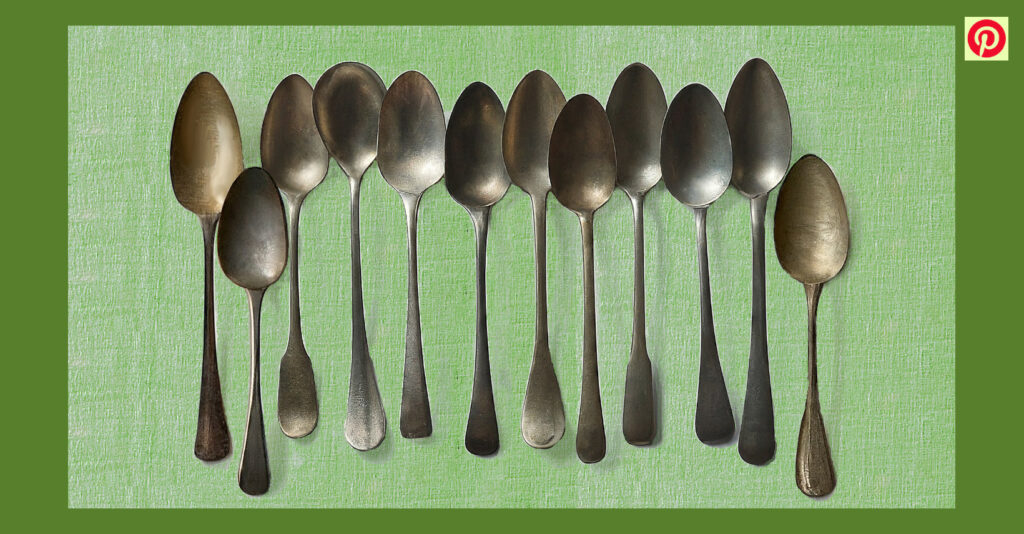
How to Use Marbles & Spoon Theory to Manage Mental Energy
Burnout. The word itself conjures images of a once-bright flame reduced to barely smoldering embers. Burnout results from a state of chronic illness or stress that zaps physical and mental energy, leaving us feeling drained—burned out.
We recently explored the restorative power of forest bathing and personal sanctuaries and their potential to ease burnout symptoms and manage chronic illness. But what about understanding our energy limits in the first place? This is where Spoon Theory comes in.
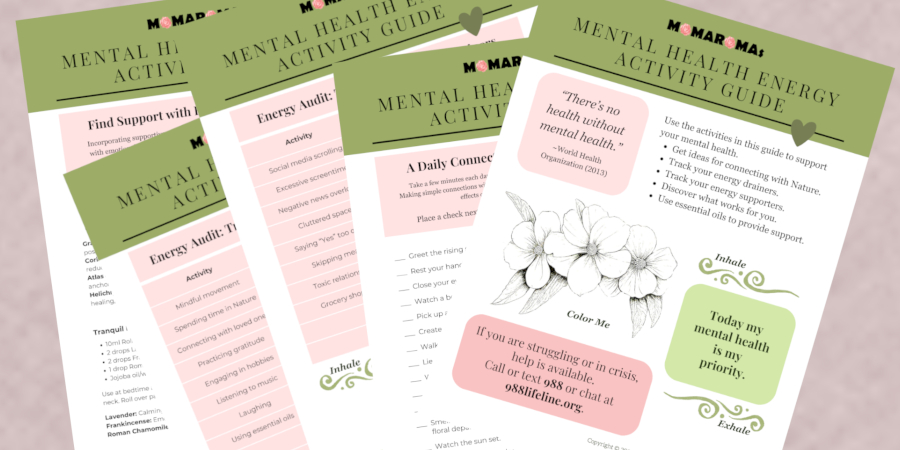
It’s time for a Mental Health Check-in!
Download your
FREE Mental Health Energy Activities Guide to begin your journey toward a more vibrant day!
[This post contains affiliate links. If you make a purchase through one of these links I may earn a commission. This does not impact your price. For more information, please see our disclosure.]
In this Post:
What is Spoon Theory?
Developed by Christine Miserandino to explain her experience with Lupus, Spoon Theory offers a powerful metaphor to visualize our finite energy reserves.[1] Spoon Theory can apply to all types of chronic illness.
In Spoon Theory, we wake up each day with a specific number of spoons—I use 12. Each spoon represents a unit of mental energy. Every activity you undertake, from showering and getting dressed to tackling emails and social interactions, consumes a spoon. Once your spoons are used up, so is your energy.
The Beauty of Spoon Theory
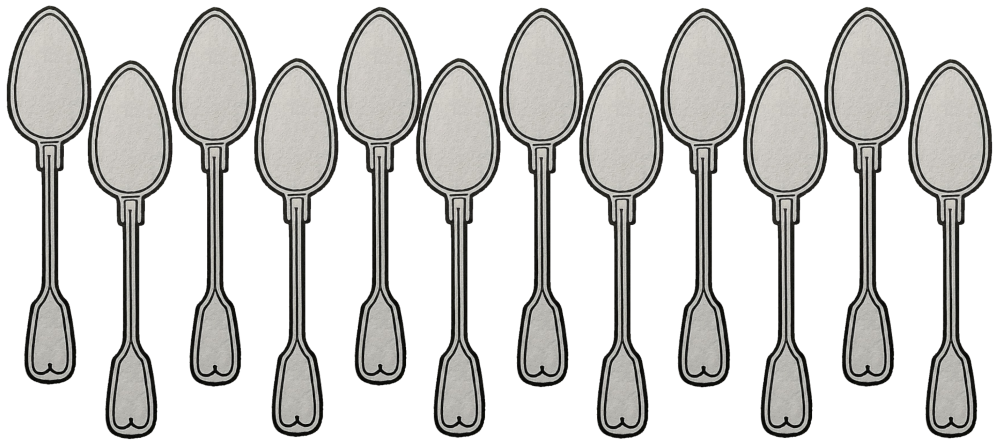
The beauty of Spoon Theory is it personalizes energy levels. Hopefully, most days, you wake up with a complete set (12 spoons); you’re full of vital energy. Other days, due to poor sleep, illness, or lingering stress, you might only have a handful (5-6 spoons).
It clarifies priorities. Spoon Theory encourages us to prioritize essential tasks and delegate or eliminate non-essential ones. This helps prevent overexertion, chronic illness symptom flare-up, and mental energy burnout.
It also fosters self-compassion. Spoon Theory removes the guilt associated with needing rest. Understanding the extent of your daily energy allows for self-acceptance and prioritizes activities that nourish your well-being.
Spoon Theory acknowledges the variability in our energy levels, making it an effective way to gauge and monitor our mental energy.
And when you consistently use Spoon Theory, you’ll begin to see patterns of behavior that either sap or refresh your energy. You’ll be able to make “microchanges” to your day that can have lasting impact on your mental energy.[2]
For example, I discovered that my phone was a big energy sapper (no surprise, I’m sure). I found that I sleep better when I shut down my phone before getting ready for bed and instead of reading on my screen, I read an actual book. And in the morning, I don’t look at my phone until I’m done taking care of my animals and checking on my garden. This allows me to truly engage with my actions. These simple changes have made a significant difference in my day-to-day energy.

Losing Your (Mental Energy) Marbles?
Another way to imagine your energy reserves is as a jar of marbles.
On an ideal day you wake up with 50 marbles in your jar. As with Spoon Theory, prolonged stress, illness (on top of chronic illness!), lack of sufficient sleep, or other taxing situations reduces the number of marbles in your jar at the beginning of the day. Each activity over the course of the day uses a marble or several.
How to Use the Spoon Theory for Mental Energy
Track your spoons. Spend a week monitoring your energy levels. Assign a spoon value to different activities. This helps you understand your personal energy expenditure.
Schedule restocking time. Schedule time for activities that recharge your batteries. This could be anything from taking a nap, to going for a walk, to inhaling a supportive essential oil blend.
Communicate your needs. Let those close to you know about Spoon Theory. This helps them understand your mental energy limitations and fosters a supportive environment where you can prioritize rest when needed.
Example: A Week of Spoon Tracking & Mental Energy
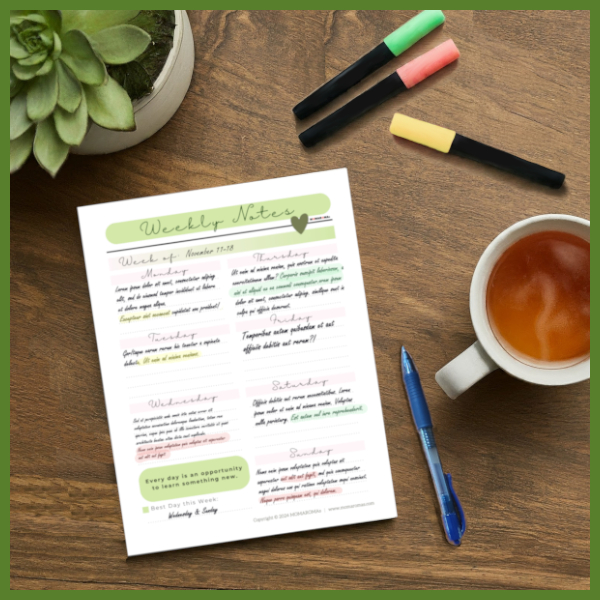
- Monday & Tuesday: You get ready for work (eat breakfast, brush teeth, get dressed, walk out the door) using 1 full spoon. These are “normal” days, and when you finally rest your head on your pillow each night your spoon drawer is empty.
- Wednesday: You woke a few minutes early and decided to eat breakfast in your Personal Sanctuary. This gave you a much needed bonus spoon for the day.
- Thursday: You didn’t sleep well, so you start out with 1/2 spoon gone. Just eating breakfast and brushing your teeth uses 1 spoon and getting dressed uses another. So, by the time you walk out the door, you’ve already used 2 1/2 spoons.
- Friday: You didn’t sleep well again and you have the pressure of a last minute deadline to meet, so by the time you make it out the door, 3 1/2 spoons have been used up. By the end of the workday, you’ve used every spoon in your drawer. When you get home you diffuse your Grounding Transformation essential oil blend and take a power nap. And still, by bedtime you’ve “borrowed” a couple of tomorrow’s spoons.
- Saturday: So, when you wake on Saturday, you’re already down 2 spoons! Normal chores take up another 6 spoons. You need to get groceries for the week but decide to order and pick up. This takes 1 spoon (instead of 3). Your partner wants to go out for dinner. You let them know you are low on spoons, and they instead put together a simple dinner that you eat on your patio while watching the sunset—1 spoon. You then take a short walk around the block stopping in to walk through a garden in your neighborhood park, which refreshes 1/2 spoon. By the time you shower, pull on your PJs, and brush your teeth you’ve used all your remaining spoons.
- Sunday: Despite plans to get together for Sunday brunch with friends, you stay home and spend time in your Personal Sanctuary. This cleanses your spirit and sets you on the right track for the coming week. After getting ready for bed, you happily realize you still have 1/2 spoon remaining, so you read a chapter of a book that’s been sitting on your nightstand for weeks; this adds 1/2 spoon. You fall asleep with a full spoon left in your drawer!
BTW, if our Marble Metaphor works better for you, simply do the same with your jar of marbles.
Each of us experiences mental energy depletion and refilling differently. Both Spoon Theory and the Marble Metaphor offer a simple, yet powerful, way to understand and manage your energy levels, help minimize chronic illness flare-ups, and promote overall well-being.
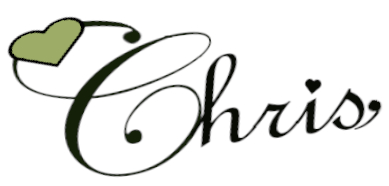
References
- Miseradino, C. (2003). The Spoon Theory. Butyoudontlooksick.com
- Khidekel, M. (2021). Your Time to Thrive. Hatchett Book Group.
📌Mental Energy & Wellness Pins

Mom’s Thriving Spoonie Shopping List
Here are some tools and supplies you can use to make living with chronic illness, pain, and fatigue more manageable.
- The Spoonie Podcast with Emily Fraser—inspirational messages and advice (Amazon Audible)
- Thumb Worry Stone—perfect thumb-fit for fidgeting, worry, anxiety (Amazon)
- Spoonie Key Ring—a reminder to spend your Spoons wisely (Amazon)
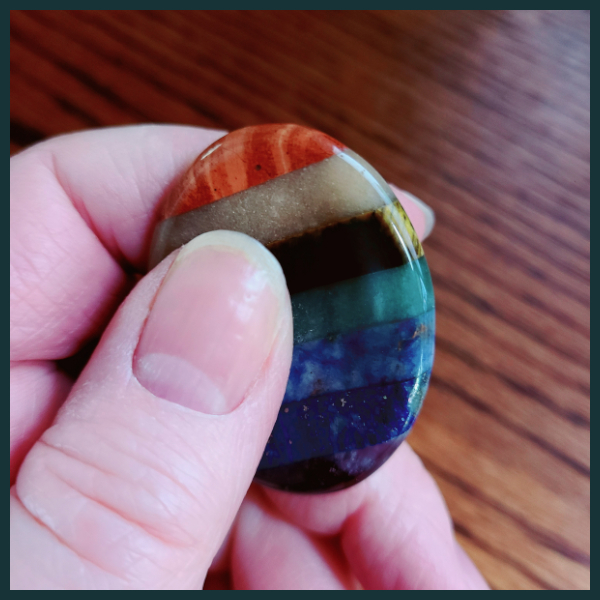
- Your Time to Thrive, by Marina Khidekel—how to make microchanges to promote well-being (Amazon)
This information has not been evaluated by the Food and Drug Administration and is not intended to diagnose, treat, cure, or prevent any disease. It is for educational purposes only.
All recipes provided are for personal use and are not designed for re-sale or large-scale manufacturing.
Please consult your doctor, naturopath, herbal practitioner, or other qualified health professional for medical advice and before starting any herbal regimen, particularly if you are pregnant or nursing, have any existing medical conditions, or are taking any medications.
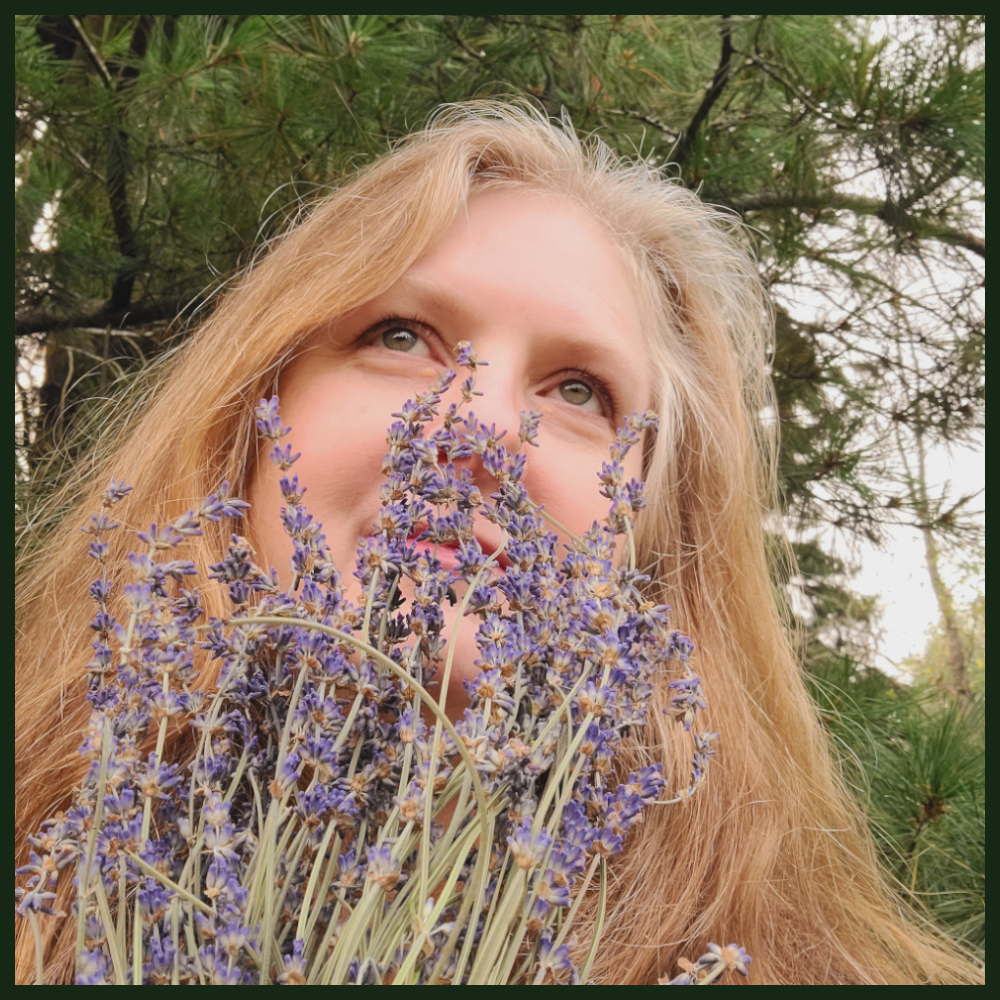
Chris P | Author, Certified Aromatherapist, Natural Skin Care Formulator
Chris (“Mom”) enjoys formulating bespoke aromatherapy, skin care, and herbal products to support her family, pets, friends, and clients. She also loves experimenting with recipes in the kitchen. An avid reader, writer, and lifetime learner, Chris enthusiastically explores research rabbit holes and then writes about her discoveries.💚 (Learn more >>)



I got a “not found” when I clicked for the mental health guide.
Thank you for letting me know Stachia! Looks like the URL was a bit out of wack. All fixed now! For ease you can click here:
https://momaromas.com/mental-energy-download
💚